-
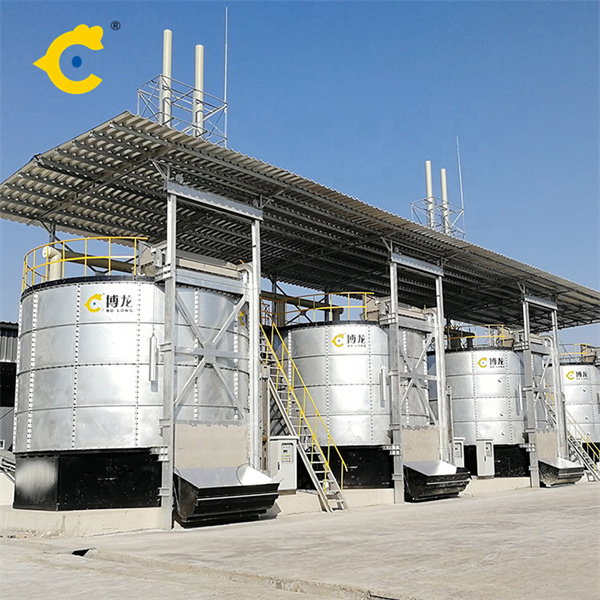 Is commercial composting good for the environment?2024-08-19Commercial composting has significant positive impacts on the environment. The composting process not only converts large amounts of organic waste into beneficial products, thereby significantly reducing the risk of environmental pollution, but also creates compost products with economic value and environmental significance, which are mainly used for soil improvement and as organic fertilizer. This conversion process effectively avoids the negative environmental impacts that may...View More +
Is commercial composting good for the environment?2024-08-19Commercial composting has significant positive impacts on the environment. The composting process not only converts large amounts of organic waste into beneficial products, thereby significantly reducing the risk of environmental pollution, but also creates compost products with economic value and environmental significance, which are mainly used for soil improvement and as organic fertilizer. This conversion process effectively avoids the negative environmental impacts that may...View More + -
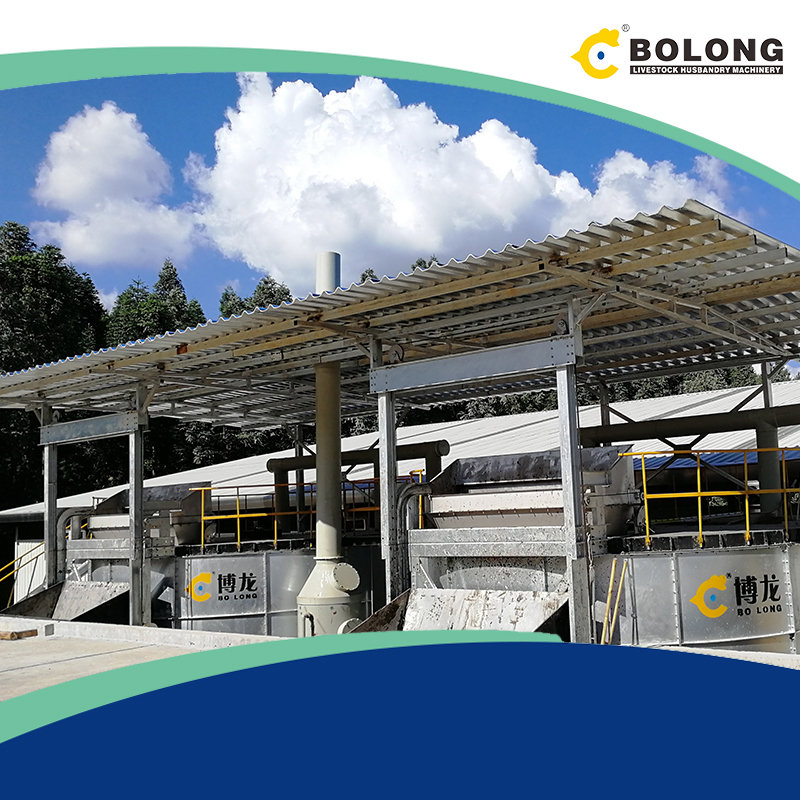 Fermentation Tanks in Enhancing Biodiversity in Agroecosystems2024-06-29Introduction Biodiversity is essential for healthy agroecosystems. Fermentation tanks produce compost that enhances soil health and supports diverse plant and microbial communities, promoting biodiversity. Importance of Biodiversity in Agriculture Biodiversity in agroecosystems supports ecosystem services, enhances resilience to pests and diseases, and promotes sustainable farming. Healthy soils and diverse plant communities are crucial for maintaining biodiversity. Role of Fermentati...View More +
Fermentation Tanks in Enhancing Biodiversity in Agroecosystems2024-06-29Introduction Biodiversity is essential for healthy agroecosystems. Fermentation tanks produce compost that enhances soil health and supports diverse plant and microbial communities, promoting biodiversity. Importance of Biodiversity in Agriculture Biodiversity in agroecosystems supports ecosystem services, enhances resilience to pests and diseases, and promotes sustainable farming. Healthy soils and diverse plant communities are crucial for maintaining biodiversity. Role of Fermentati...View More + -
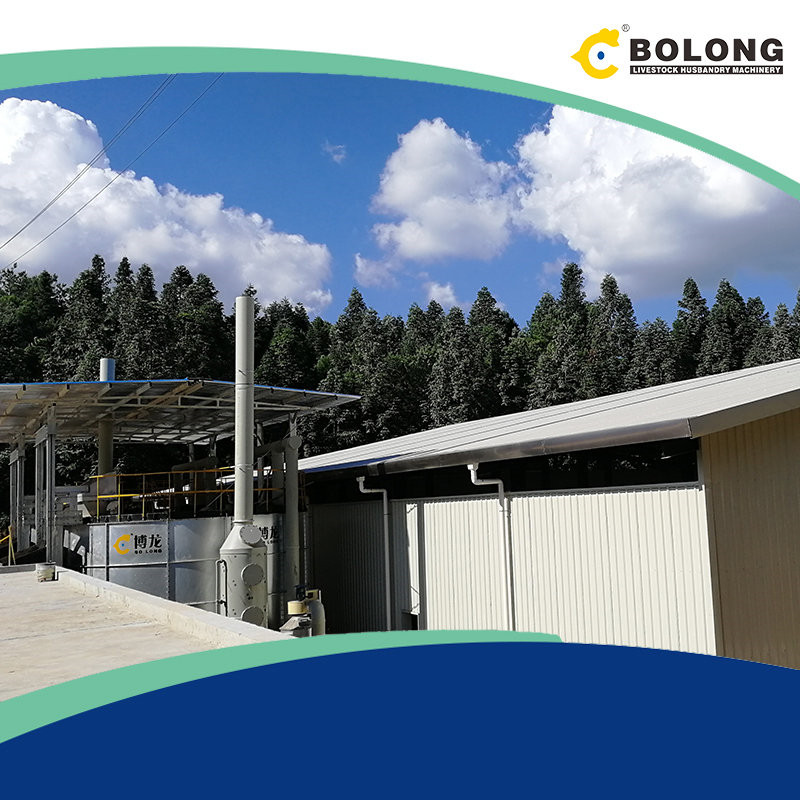 Enhancing Greenhouse Agriculture with Compost from Fermentation Tanks2024-06-28Introduction Greenhouse agriculture requires high soil fertility for optimal plant growth. Compost produced by fermentation tanks enhances soil health, supporting sustainable greenhouse farming. Importance of Soil Fertility in Greenhouses Greenhouse farming relies on fertile soil for healthy plant growth and high yields. Enhancing soil health through organic matter and nutrients is essential for successful greenhouse agriculture. Role of Fermentation Tanks Fermentation tanks pr...View More +
Enhancing Greenhouse Agriculture with Compost from Fermentation Tanks2024-06-28Introduction Greenhouse agriculture requires high soil fertility for optimal plant growth. Compost produced by fermentation tanks enhances soil health, supporting sustainable greenhouse farming. Importance of Soil Fertility in Greenhouses Greenhouse farming relies on fertile soil for healthy plant growth and high yields. Enhancing soil health through organic matter and nutrients is essential for successful greenhouse agriculture. Role of Fermentation Tanks Fermentation tanks pr...View More + -
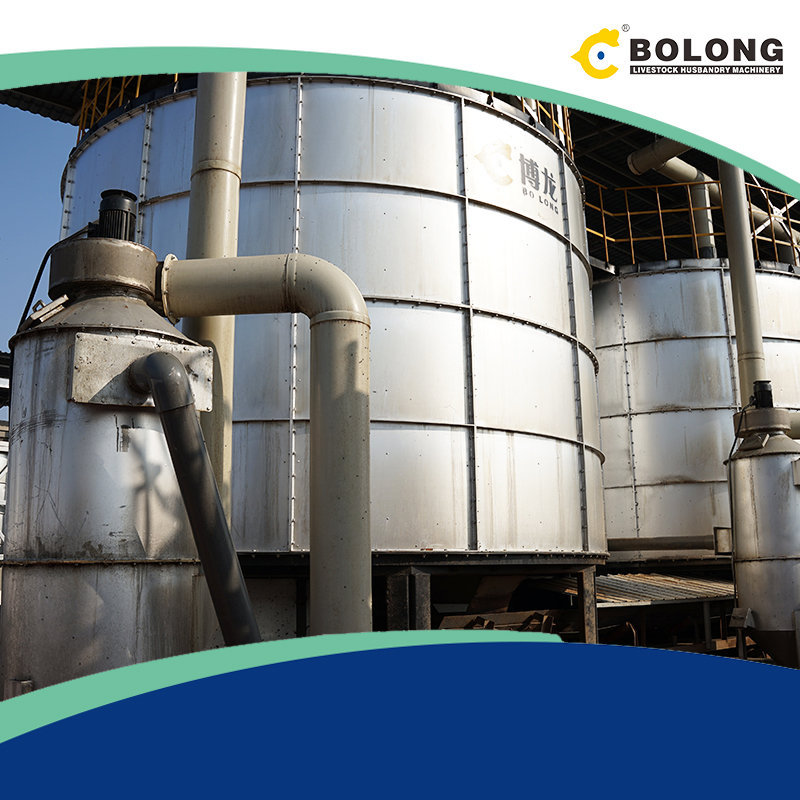 Utilizing Fermentation Tanks for Aquaculture Waste Management2024-06-27Introduction Aquaculture generates significant organic waste that requires effective management. Fermentation tanks offer a sustainable solution for converting aquaculture waste into valuable compost. Challenges in Aquaculture Waste Management Aquaculture waste, including uneaten feed and fish excrement, can lead to water pollution and nutrient runoff. Effective waste management is essential for maintaining water quality and farm sustainability. Role of Fermentation Tanks Fermentation...View More +
Utilizing Fermentation Tanks for Aquaculture Waste Management2024-06-27Introduction Aquaculture generates significant organic waste that requires effective management. Fermentation tanks offer a sustainable solution for converting aquaculture waste into valuable compost. Challenges in Aquaculture Waste Management Aquaculture waste, including uneaten feed and fish excrement, can lead to water pollution and nutrient runoff. Effective waste management is essential for maintaining water quality and farm sustainability. Role of Fermentation Tanks Fermentation...View More + -
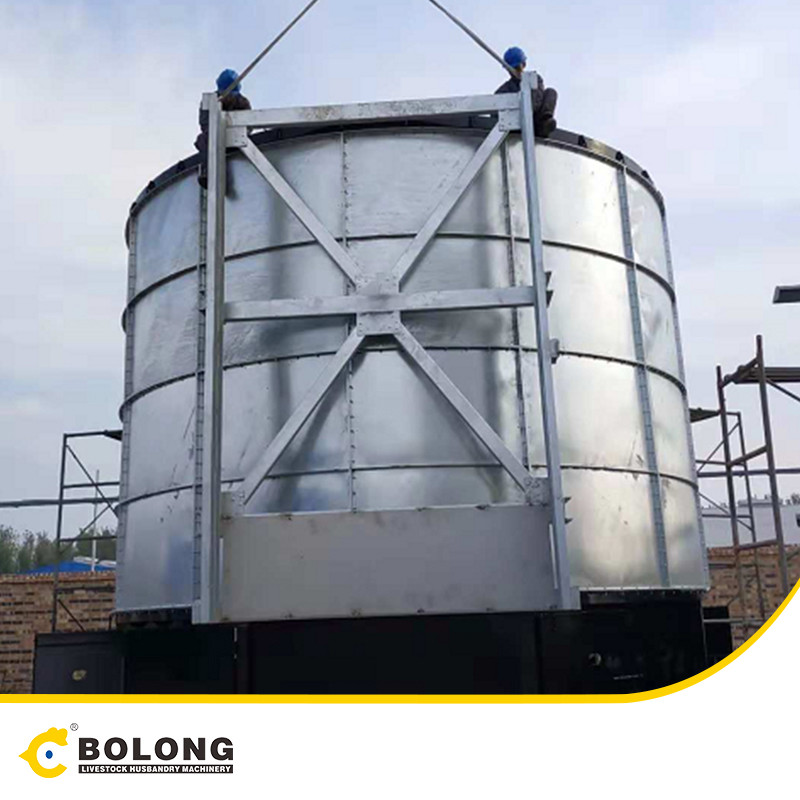 The Role of Fermentation Tanks in Biosecurity2024-06-26Introduction Biosecurity is critical in preventing the spread of diseases in agriculture. Fermentation tanks play a significant role in biosecurity by safely processing organic waste and reducing pathogen load. Importance of Biosecurity Effective biosecurity measures are essential for protecting animal and plant health, preventing disease outbreaks, and ensuring food safety. Managing organic waste is a key component of biosecurity. Role of Fermentation Tanks Fermentation tanks process...View More +
The Role of Fermentation Tanks in Biosecurity2024-06-26Introduction Biosecurity is critical in preventing the spread of diseases in agriculture. Fermentation tanks play a significant role in biosecurity by safely processing organic waste and reducing pathogen load. Importance of Biosecurity Effective biosecurity measures are essential for protecting animal and plant health, preventing disease outbreaks, and ensuring food safety. Managing organic waste is a key component of biosecurity. Role of Fermentation Tanks Fermentation tanks process...View More + -
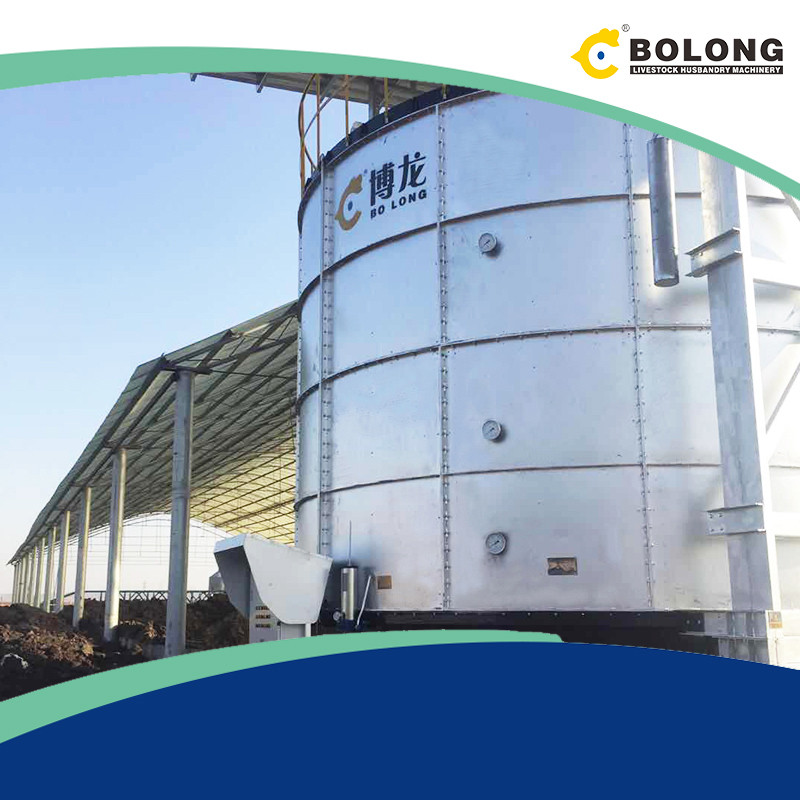 Fermentation Tanks in Managing Agricultural Plastic Waste2024-06-25Introduction Agricultural plastic waste, including mulch films and greenhouse covers, poses disposal challenges. Fermentation tanks offer innovative solutions for managing organic residues contaminated with plastic waste. Challenges of Agricultural Plastic Waste Agricultural plastic waste is difficult to recycle and can lead to soil pollution if not properly managed. Effective management solutions are needed to address this environmental challenge. Role of Fermentation Tanks Wh...View More +
Fermentation Tanks in Managing Agricultural Plastic Waste2024-06-25Introduction Agricultural plastic waste, including mulch films and greenhouse covers, poses disposal challenges. Fermentation tanks offer innovative solutions for managing organic residues contaminated with plastic waste. Challenges of Agricultural Plastic Waste Agricultural plastic waste is difficult to recycle and can lead to soil pollution if not properly managed. Effective management solutions are needed to address this environmental challenge. Role of Fermentation Tanks Wh...View More +
E-MAIL: blzzgg123@gmail.com
TEL: +8613323926737